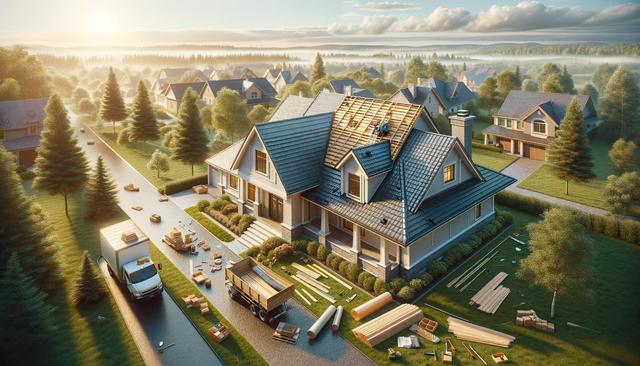
Honoring Senior Veterans: Support, Challenges, and Community
Understanding the Legacy of Senior Veterans
Senior veterans hold a treasured place in society, having served during times of great national significance. Their contributions span decades, often including experiences from major conflicts, peacekeeping missions, and support roles that shaped the course of history. As they age, their stories and sacrifices become even more valuable, offering younger generations a direct connection to the past. Understanding their legacy helps not only to preserve history but also to ensure they are given the dignity and care they have earned.
For many senior veterans, military service was a defining chapter of their lives. They may have enlisted during times of national urgency or been drafted into service. Regardless of how they joined, their experiences often left lasting impressions—both honorable and challenging. Recognizing their unique path is essential in tailoring support programs that address their physical, emotional, and social needs as they move into older adulthood.
Challenges Faced by Aging Veterans
As veterans grow older, they face challenges common to many seniors, but often with added complexities due to their military background. Health issues, such as chronic pain, hearing loss, or mobility limitations, can be more prevalent due to the physical demands of service. Additionally, mental health conditions like PTSD may continue to affect their well-being, sometimes worsening with age.
Some key challenges include:
- Accessing consistent and affordable healthcare
- Managing long-term service-related disabilities
- Experiencing isolation from family or community
- Understanding and claiming available veteran benefits
Organizations dedicated to supporting older veterans work to address these issues, but gaps still exist. Ensuring that these individuals are not overlooked requires coordinated efforts from government agencies, healthcare providers, and community groups.
Healthcare and Support Services
Senior veterans are often eligible for a range of healthcare services through veteran-focused organizations and programs. However, navigating these options can be complex. From VA hospitals to local clinics, ensuring access to timely and appropriate care remains a priority. Many older veterans benefit from tailored services that consider both their age and their military history.
Available services may include:
- Specialized geriatric care within VA systems
- Home-based primary care for those with limited mobility
- Mental health counseling and support groups
- Assistance with transportation to medical appointments
Education and outreach efforts are essential in helping veterans and their families understand what support is available. Trained advocates can play a vital role in guiding them through the application processes and ensuring they make the most of the benefits they’re entitled to.
Community Engagement and Social Inclusion
Staying socially connected is vital for the emotional and mental well-being of senior veterans. Community centers, veteran groups, and local organizations often organize events that foster connection and reduce isolation. These activities not only provide entertainment and companionship but also reinforce a sense of purpose and belonging.
Popular activities for senior veterans include:
- Veteran storytelling and history-sharing sessions
- Volunteer opportunities tailored to physical abilities
- Recreational outings and group travel experiences
- Peer mentorship programs
Communities that actively include and support their older veterans benefit from their wisdom and experience. Encouraging intergenerational programs also helps bridge the gap between past and present, allowing younger individuals to learn from those who have served.
Planning for the Future
As with all aging populations, planning for long-term care, housing, and financial security is critical for senior veterans. Many face decisions about assisted living, in-home care, or transitioning to facilities that are equipped to meet their needs. Fortunately, there are veteran-specific housing programs and retirement communities that offer services tailored to their background and preferences.
Key considerations for future planning include:
- Establishing durable healthcare and financial powers of attorney
- Exploring veteran pension and aid programs
- Identifying veteran-friendly housing and care facilities
- Discussing end-of-life wishes and services
Proactive planning not only ensures peace of mind for veterans but also eases the burden on their families and caregivers. It reinforces the message that their service is honored not just in words, but in meaningful, practical support.


